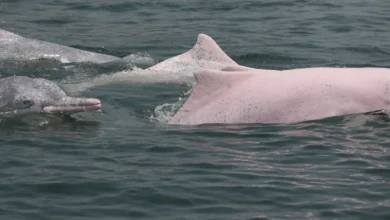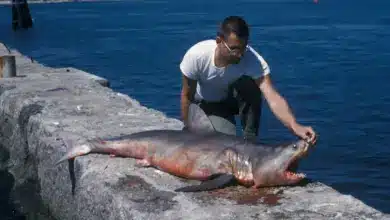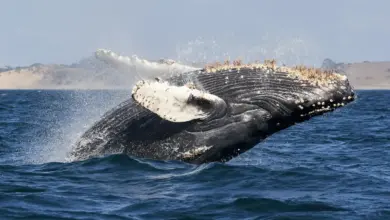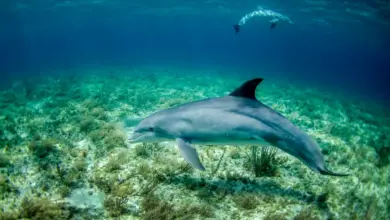World-Wide Whaling Ban Remains But Whale Killing Continues
A Year-Long 'Cooling-Off' Period Is Declared After Talks At The 88-Member International Whaling Commission Meeting Collapse
Anti-whaling groups are far from satisfied even though talks to lift a 25-year-old international moratorium on the killing of whales collapsed in disarray during last week’s meeting of the International Whaling Commission (IWC) in Morocco.

Proponents of replacing the ban with a legal quota system—a group that included the US IWC commissioner—had claimed that strict quotas would curb illegal whaling and therefore result in fewer whales being killed each year. The proposal had the support of the handful of remaining whaling nations, while anti-whaling groups, in general, deplored it.
In addition to rejecting calls for a return to legal whaling, many conservation groups such as Greenpeace had been hoping the IWC would resolve to further reduce or even eliminate whaling. For years, Iceland and Norway have been defying the moratorium, while Japan has harvested as many as 1,000 Minke and other whales a year through a loophole in the language of the ban. The total annual worldwide whale harvest has been as high as 2,000.
In addition to harvesting whales, a few nations also annually harvest many thousands of dolphins, such as the white-sided dolphins in the photo above, and pilot whales—which are a species of large dolphins. There are no international regulations on dolphin hunting because the IWC has never extended its authority to cover these smaller cetaceans. Dolphin-hunting nations include Japan and the Faroe Islands, an autonomous province of Denmark that lies between Britain and Iceland.

While the conservationists’ first wish came true as the talks to legalize whale hunting broke down, there was no movement toward curtailing the extra-legal whaling currently being conducted. In addition, it is unclear how Iceland, Norway and Japan will react to the failure of the proposed agreement. Anti-whaling advocates fear that the extra-legal whalers might decide to kill even more whales, as well as to expand their whale hunts to include larger and less plentiful species than the ones that are currently harvested.
After a “cooling-off” period of one year, the IWC hopes to take up the topic again at next year’s meeting.




